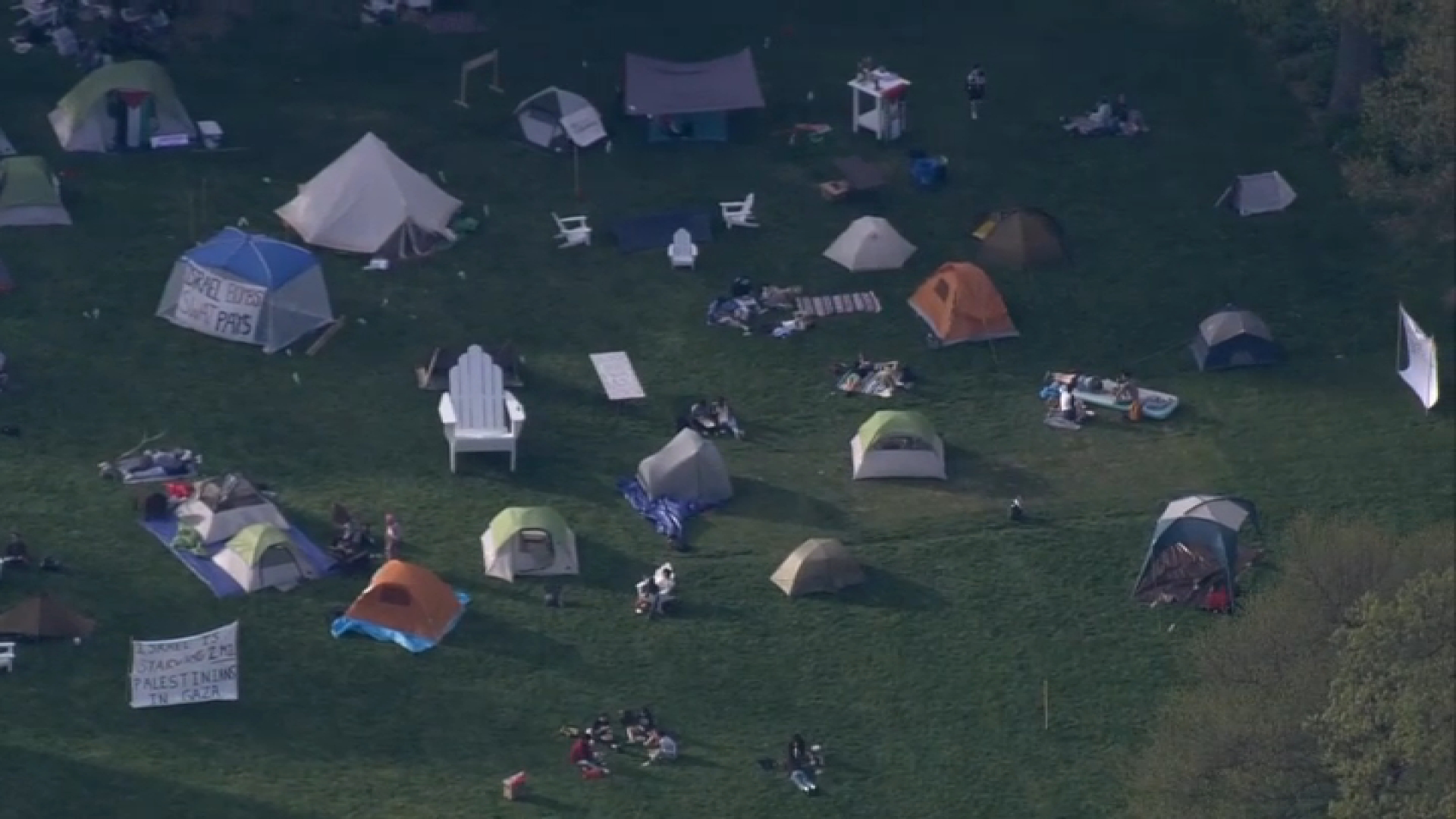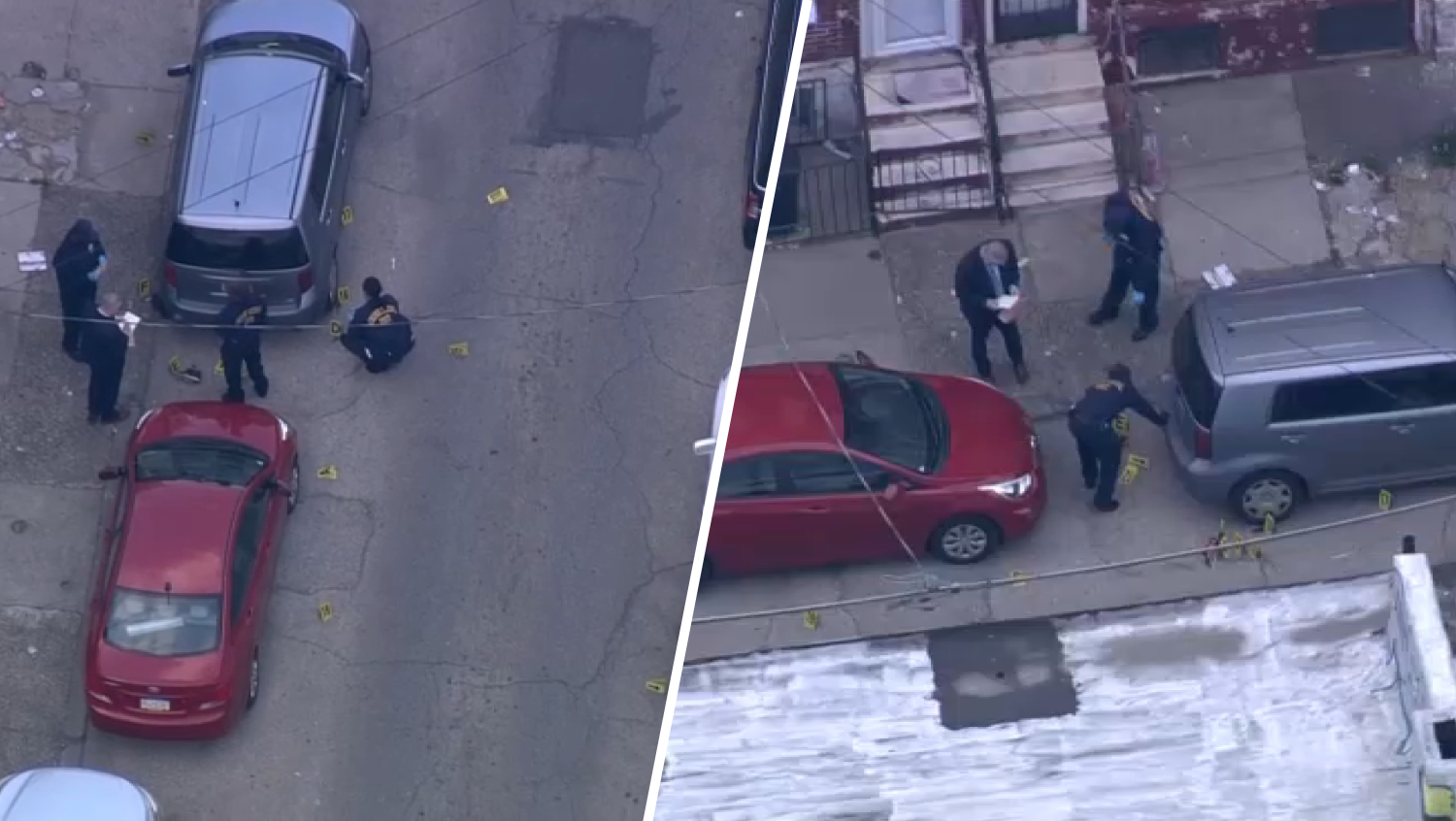State Senator Christine Tartaglione announced new legislation today to increase the minimum wage in Pennsylvania.
“Pennsylvania isn’t keeping up with the times or with its neighbors,” Tartaglione said in a statement. “Right now, there are too many adults working full-time, but living below the poverty line in this state.”
The proposed bill would raise the minimum wage in Pa. from $7.25 to $9.00 by 2015. It would be the first increase since 2009.
But some local analysts say a 24-percent jump could cause consequences that the state can't afford right now.
"It sounds really good in theory. In practice, there's a lot of problems with it," said Doug Webber, a labor economist and assistant professor in the Economics Department at Temple University.
"A minimum wage increase doesn't do anything for someone who is unemployed," said Webber. "Unemployment is a bigger problem than low wages. A minimum wage increase makes it harder for the unemployed to find work."
Webber isn't against the wage increase but believes the money could be put to better use by funding other anti-poverty programs, such as increasing the Earned Income Tax Credit.
Local
Breaking news and the stories that matter to your neighborhood.
Since the $7.25 minimum was set by the federal government in 2009, eighteen states have raised their minimum wage above the federal.
2006 marks the last time Pennsylvania raised the state's minimum wage above the federal. Tartaglione was a prime sponsor of that legislation, increasing the minimum wage from $5.35 per hour to $7.15.
"The minimum wage is really a starting wage. You actually hurt the people you are saying you want to help, [by raising it that much]" said Matthew Brouillette of the Commonwealth Foundation for Public Policy Alternatives.
"You decrease the number of opportunities for people to climb to economic success. It does more harm to low-skill employees, the ones you are hoping to help."
Raising the minimum wage would benefit people who are already working at the lowest-paid hourly jobs, if they can hold onto the number of hours they're working, according to Mark Stehr, an associate professor at the LeBow College of Business at Drexel University.
It may help the state as well, and push down the number of citizens dependent on Medicaid, according to Stehr.
Stehr says the argument for increasing the minimum wage and against it has long been controversial among labor economists. He summarized the back-and-forth argument as, "it's good for people who keep jobs and bad for people who don't get hired."
The Census Bureau reported today that almost 1.8 million people in Pennsylvania, or 13.9 percent, were living in poverty during 2012. That's up slightly from 13.8 percent in 2011 and 13.4 percent in 2010. Pennsylvania's population is almost 12.8 million.
Poverty in Pennsylvania has risen slightly, but remains below the national average, according to the Census Bureau.
“Creating a minimum wage that accounts for inflation will prevent thousands of working families from sinking below the federal poverty line as they wait for action from the legislature,” State Senator Vincent Hughes said.
Hughes believes a stagnant minimum wage hurts families and puts increased pressure on already overburdened social services.
"Fourteen percent is way too high. We are at (poverty) levels much high than we've been at historically," said Webber.
"The minimum wage increase is not all going to that 14 percent poverty trap."
Contact Sarah Glover at 610-668-5580, sarah.glover@nbcuni.com or follow @skyphoto on Twitter.



